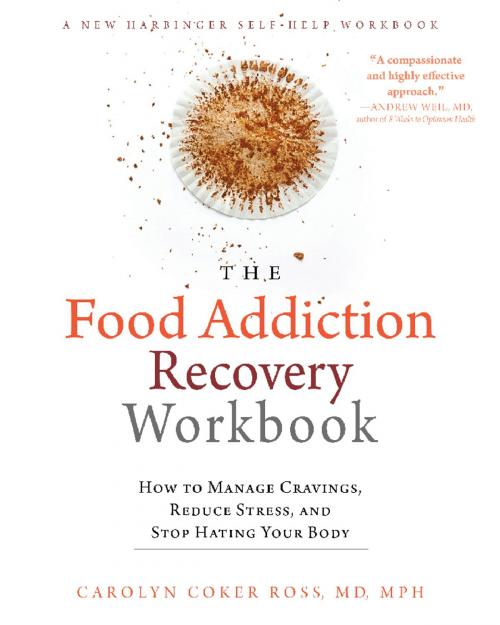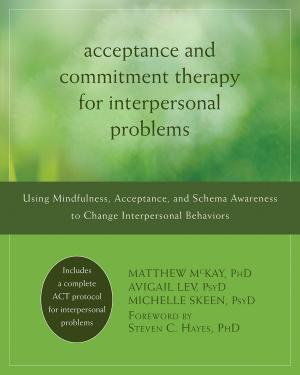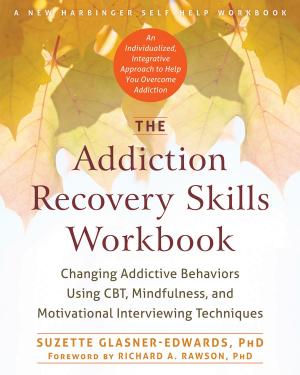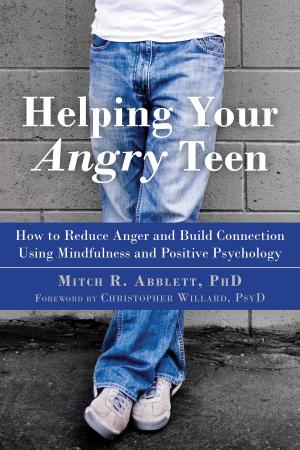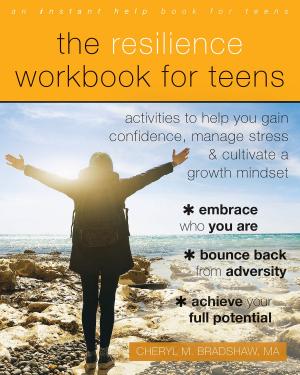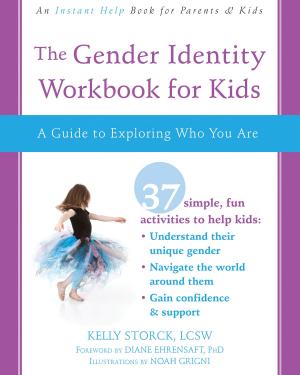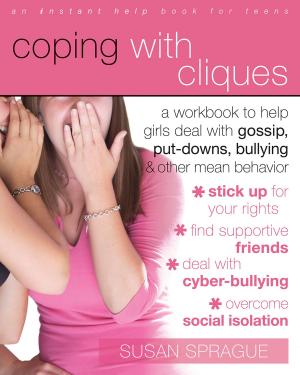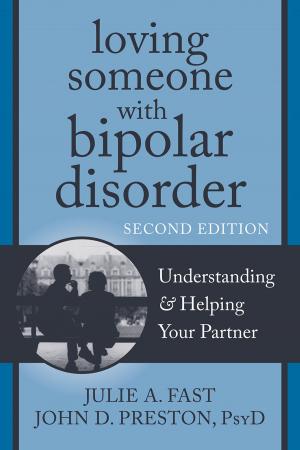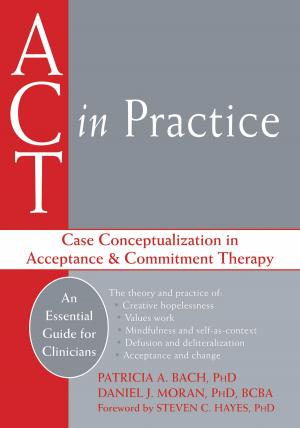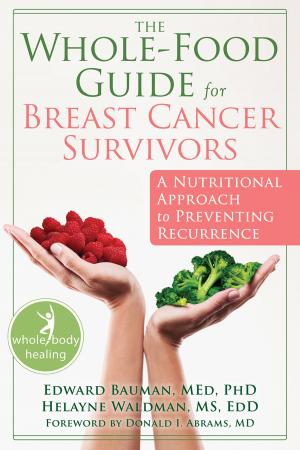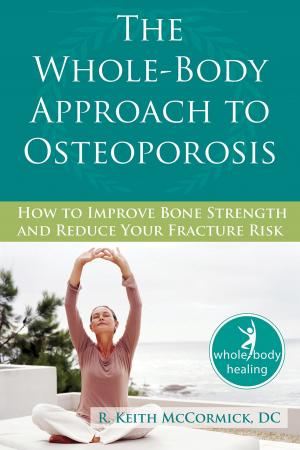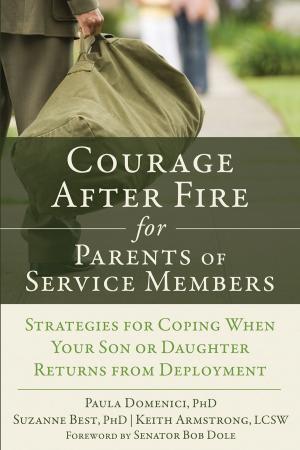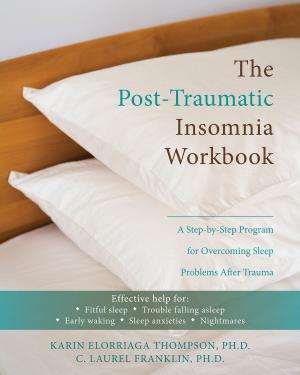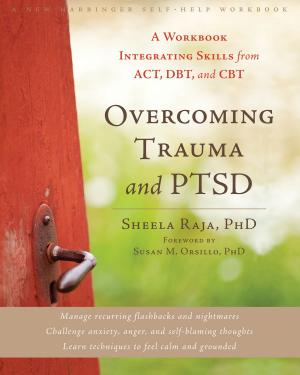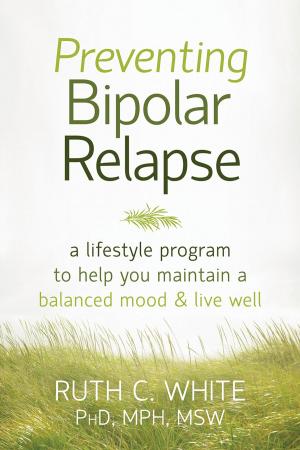The Food Addiction Recovery Workbook
How to Manage Cravings, Reduce Stress, and Stop Hating Your Body
Nonfiction, Health & Well Being, Psychology, Eating Disorders, Self Help, Mental Health, Health, Nutrition & Diet, Nutrition| Author: | Carolyn Coker Ross, MD, MPH | ISBN: | 9781626252110 |
| Publisher: | New Harbinger Publications | Publication: | September 1, 2017 |
| Imprint: | New Harbinger Publications | Language: | English |
| Author: | Carolyn Coker Ross, MD, MPH |
| ISBN: | 9781626252110 |
| Publisher: | New Harbinger Publications |
| Publication: | September 1, 2017 |
| Imprint: | New Harbinger Publications |
| Language: | English |
Isn’t it time you got off the diet treadmill? In The Food Addiction Recovery Workbook, physician Carolyn Coker Ross offers the proven-effective Anchor Program™ to help you curb cravings, end body dissatisfaction, manage stress and emotions without food, and truly satisfy your soul.
When it comes to addiction, abstinence isn’t always the answer—and with food addiction, this is especially true. And yet, for decades nutritional experts have dissected the problem of obesity, and the result has been a series of recommendations about what and how much to eat. When “eating too much fat” was thought to cause obesity, grocery store shelves exploded with low-fat products. Next came the low carb craze that led us to fear eating all carbohydrates, and with it came another assortment of fad products and diets. This pattern has repeated numerous times—and it never seems to be helpful!
If you’re struggling with obesity or food addiction, you’ve probably been told that you must deprive yourself of certain foods in order to lose weight. You may have also been convinced—by the media and by our culture—that if you finally become thin your life will be better, you’ll be happier, and your suffering will come to an end. The problem is—it’s not all about the food. It’s about how food is used to self-soothe, to numb ourselves against the pain of living or to cope with stress and unresolved emotions. Even as your waist whittles away, the problems that caused your food addiction won’t disappear.
The Anchor Program™ approach detailed in this workbook is not about dieting. It’s about being anchored to your true, authentic self. When you find your unique anchor, you will relate better to your body, you will know intuitively how to feed your body, and you will reach the weight that’s right for you. Anyone who’s been on the diet treadmill—losing and regaining lost weight—will admit that losing weight doesn’t instantly bring health or happiness. That’s because losing weight is a red herring for the real issue, the misuse of food to solve a problem that has nothing to do with food.
This book offers a whole-person approach that blends practical information on managing stress and regulating emotions without relying on food. If you’re ready to uncover the true cause of your food addiction, you’ll finally be able to embrace a balanced diet and reach the weight that’s right for you.
Isn’t it time you got off the diet treadmill? In The Food Addiction Recovery Workbook, physician Carolyn Coker Ross offers the proven-effective Anchor Program™ to help you curb cravings, end body dissatisfaction, manage stress and emotions without food, and truly satisfy your soul.
When it comes to addiction, abstinence isn’t always the answer—and with food addiction, this is especially true. And yet, for decades nutritional experts have dissected the problem of obesity, and the result has been a series of recommendations about what and how much to eat. When “eating too much fat” was thought to cause obesity, grocery store shelves exploded with low-fat products. Next came the low carb craze that led us to fear eating all carbohydrates, and with it came another assortment of fad products and diets. This pattern has repeated numerous times—and it never seems to be helpful!
If you’re struggling with obesity or food addiction, you’ve probably been told that you must deprive yourself of certain foods in order to lose weight. You may have also been convinced—by the media and by our culture—that if you finally become thin your life will be better, you’ll be happier, and your suffering will come to an end. The problem is—it’s not all about the food. It’s about how food is used to self-soothe, to numb ourselves against the pain of living or to cope with stress and unresolved emotions. Even as your waist whittles away, the problems that caused your food addiction won’t disappear.
The Anchor Program™ approach detailed in this workbook is not about dieting. It’s about being anchored to your true, authentic self. When you find your unique anchor, you will relate better to your body, you will know intuitively how to feed your body, and you will reach the weight that’s right for you. Anyone who’s been on the diet treadmill—losing and regaining lost weight—will admit that losing weight doesn’t instantly bring health or happiness. That’s because losing weight is a red herring for the real issue, the misuse of food to solve a problem that has nothing to do with food.
This book offers a whole-person approach that blends practical information on managing stress and regulating emotions without relying on food. If you’re ready to uncover the true cause of your food addiction, you’ll finally be able to embrace a balanced diet and reach the weight that’s right for you.
